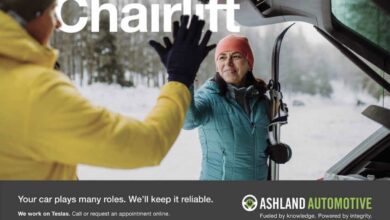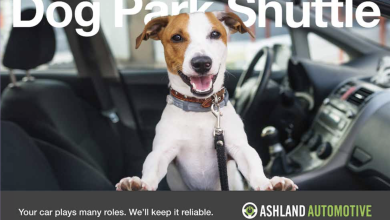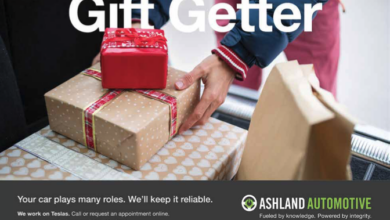Used Car Buying Tips
People often ask me what type of “used” car I recommend they buy, and I usually respond with a different question. “What is it you’re looking for?” Surprisingly, many of us aren’t completely sure what we’re looking for when shopping for a new or used vehicle. Do we need a station wagon, a truck, a 2WD, 4WD, or AWD? What will be the primary use for this vehicle? Let’s talk about safety for minute. Many parents are buying their newly-licensed son or daughter a vehicle and think an older car, “built tough,” is safer for their child’s first vehicle. I would urge those parents to consider this. The statistics show that newer cars with front and side airbags and modern “crush” zones are most certainly the safest option. In the event of a collision, the car is made to crumple. As the car crumples it absorbs the energy of the collision and minimizes forces transferred to the passengers. And let’s not forget, airbags save lives.
Is your car a tool, which you use, or simply a mode of transportation? For some of us our vehicle is an extension of ourself. Believe me when I tell you I’ve seen strange relationships between people and their cars. Many of us relish the driving experience and seek speed, performance, handling, and luxury.
It’s important to buy a car which was well-maintained and not involved in any major accidents. Look for maintenance records when shopping. Also, make note of the shop who performed the maintenance. It should be a reputable shop. A great car owner will have a file showing all services performed, and will likely have a good relationship with a good shop. A seller may say, “I just had the timing belt and head gasket done,” but who did it, and where’s the receipt?
It’s also important to remember that all cars require maintenance. AAA suggests the average annual maintenance cost of a new vehicle is around $1200. Whether your car is new or getting older, it will still need regular oil changes, brake replacement, tires, and safety inspections. It’s a great idea to call your insurance agent before buying and ask about the cost of insurance on a particular vehicle. After you answer these questions you’ll be better equipped to determine which options are available to you.
Finally, and most importantly, before you buy a used car, we recommend you pay your trusted shop to perform a thorough safety inspection, including a test drive, and check for any potential problems. $100-$250 for an inspection goes a long way in prevention, and can also give you a bargaining point when deciding what price you’d like to pay. Ashland Automotive wishes you success in purchasing your new/used vehicle, and we wish you all safe travel as we move through the New Year.




